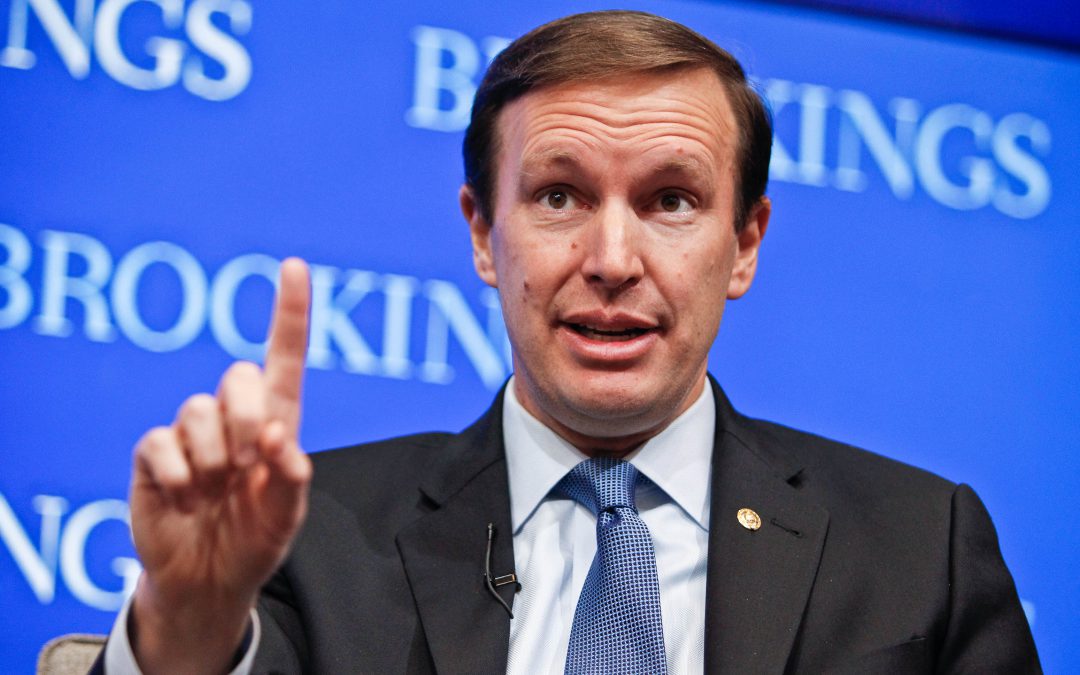Safety in schools is essential to protect staff and students, but police officers too often target students of color, Sen. Chris Murphy, D-Conn., said Tuesday at a University of Connecticut meeting to review how to ensure a learning environment that does not discriminate against any students.
“Loading our schools up with police officers ends up targeting children of color often for misbehaviors that should never ever result in a criminal offense,” Murphy said. “(Student Resource Officers) make students feel as if they’re in a juvenile justice center rather than in a learning environment.”
The role that schools play in systemic injustice was the impetus for the Counseling Not Criminalization in Schools Act, which was introduced in Congress in July to provide schools with funding to hire counselors, social workers and other health professionals in place of resource officers.
“I don’t argue that you shouldn’t have security in schools. You should. I just don’t think there’s any reason to have a security officer with a gun and the power of arrest,” Murphy said.
Anthony Copeland, principal at Westfield High School in Fairfax, Virginia, said his main priority is to run a safe school and that means School Resource Officers, often police officers, should remain in schools.
“I don’t call the SRO for situations that I can handle,” Copeland said. “As principal, you set that tone and that expectation, by modeling how you want to interact with kids.”
Steven Hernandez, executive director for the Commission on Women, Children and Seniors, and Leonard Jahad, executive director of Connecticut Victim Intervention Program, both said the assumption that police are only around when bad things happen contributes to why students and parents may not feel safe with student resource officers in schools.
“We rely on our school resource officers to be counselors, to be role models, to be mentors, and this is where it’s successful. Where it’s not successful, unfortunately, we rely on them to be truant officers, disciplinarians and a replacement for vice principal,” Hernandez said.
Jared Harris, a counselor at a predominantly Black, all-boys school in New Orleans, said that his school doesn’t have an SRO on campus, and he doesn’t believe one is necessary.
“Safety and protection are important to reinforce structure but not in a way where it’s a correctional officer like at a prison,” Harris said.

